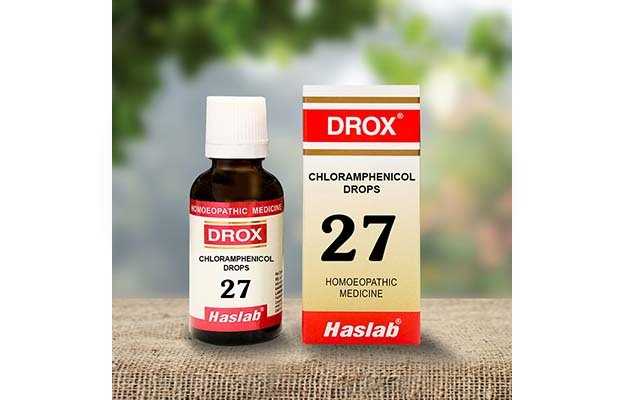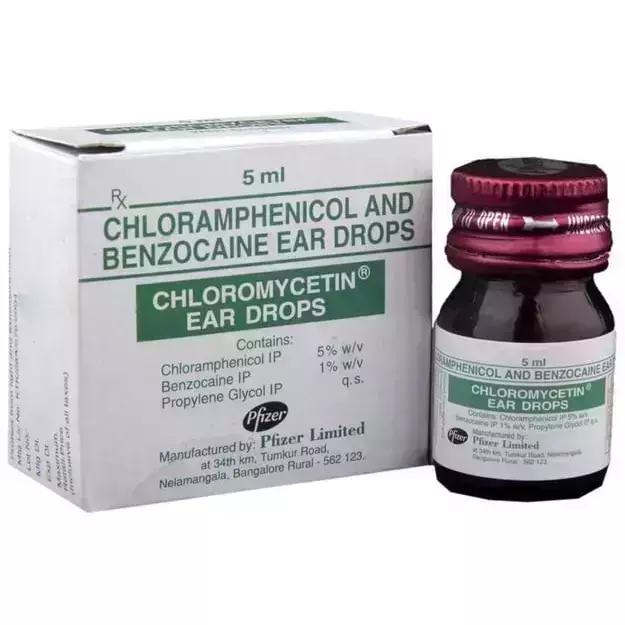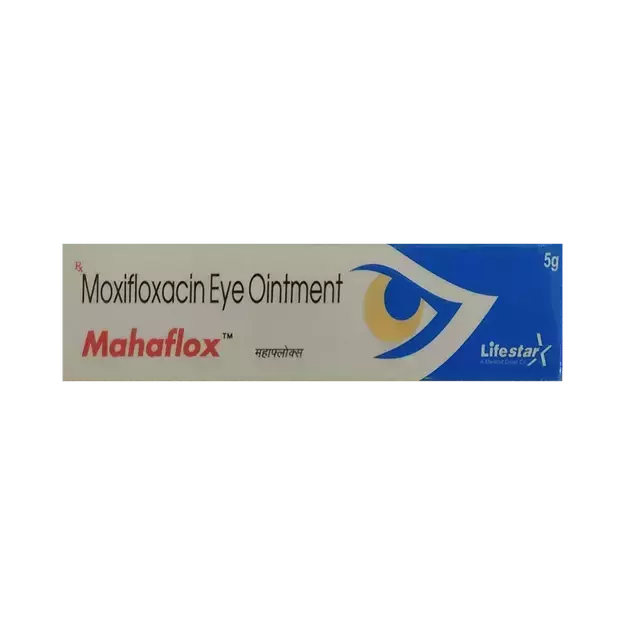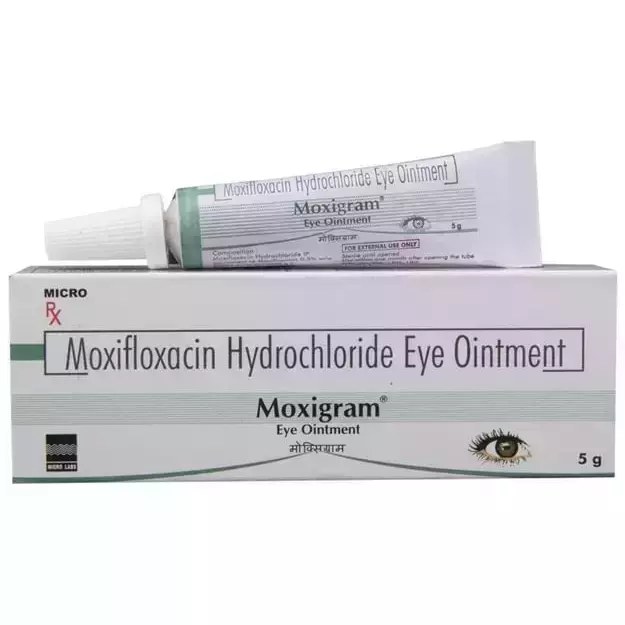Chlorocol Eye Ointment is a commercial drug that is prescribed in the form of Ointment. Bacterial Infections are some of its major therapeutic uses. The alternative uses of Chlorocol Eye Ointment have also been explained below.
The correct dosage of Chlorocol Eye Ointment depends on the patient's age, gender, and medical history. The condition it has been prescribed for, and the route of administration also determine the right dosage. Refer to the dosage section for a detailed discussion.
While these are the most often observed Chlorocol Eye Ointment side effects, there are can be others also. These have been listed below. Normally, these side effects of Chlorocol Eye Ointment are not long lasting and go away when the treatment is finished. However, if these continue for a longer time, consult your doctor right away.
It is also important to note that Chlorocol Eye Ointment has a Severe effect for pregnant women and Severe effect on lactating mothers. Further, the section on Chlorocol Eye Ointment related warnings talks about Chlorocol Eye Ointment's effects on the liver, heart and kidney.
Chlorocol Eye Ointment is not recommended if you suffer from certain medical conditions as it can have adverse effects. Kidney Disease, Liver Disease are examples of such conditions. Other contraindications of Chlorocol Eye Ointment have been discussed in the sections ahead.
Drug interactions for Chlorocol Eye Ointment have been reported in the medical literature. A complete list of these interactions is given below.
You should also be aware that Chlorocol Eye Ointment is safe while driving, and is addiction.
X




















